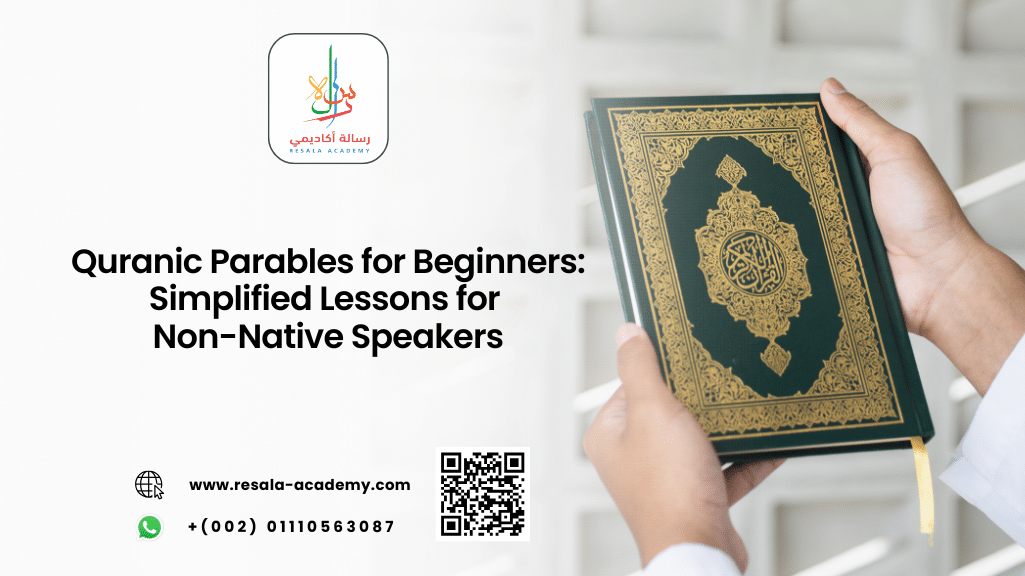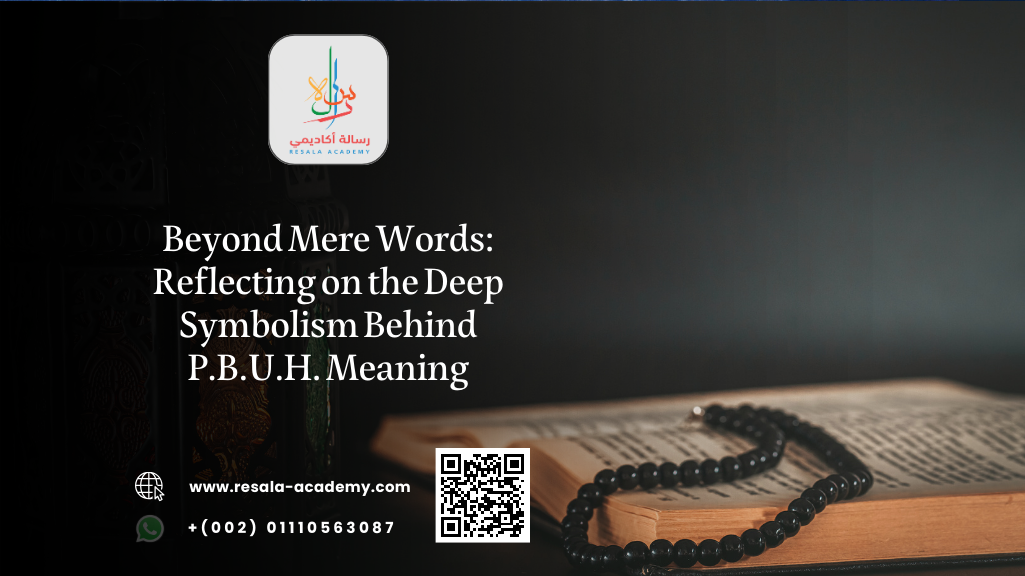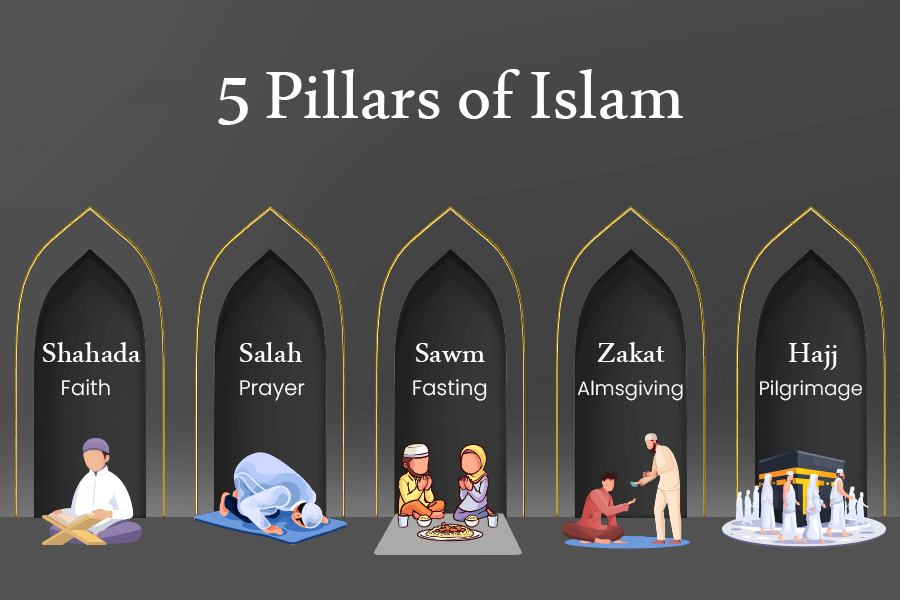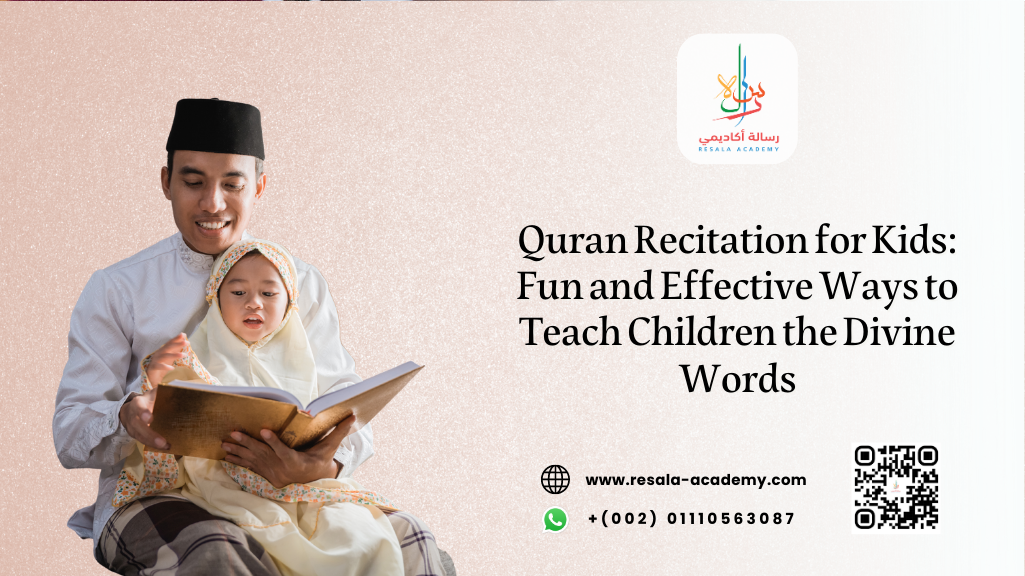Table of Contents
Quranic Parables for Beginners: Simplified Lessons for Non-Native Speakers
The Quran is a timeless guide filled with divine wisdom, offering lessons for every aspect of life. Among its many features, Quranic parables stand out as powerful tools for teaching profound truths through relatable analogies.
For beginners, especially non-native speakers, these parables serve as an excellent starting point to understand the Quran’s message while learning Arabic.
This article explores Quranic parables, their meanings, and how they can be simplified for learners.
Additionally, we’ll introduce Resala Academy, a leading online academy offering specialized courses to help non-native speakers master Quranic Arabic and its teachings.
What Are Quranic Parables?
A parable, or “مثل” (mathal) in Arabic, is a short, illustrative story or analogy used to convey a moral or spiritual lesson. The Quran uses parables to explain complex ideas in ways that are easy to understand and remember. Allah says:
وَتِلْكَ ٱلْأَمْثَـٰلُ نَضْرِبُهَا لِلنَّاسِ لَعَلَّهُمْ يَتَفَكَّرُونَ
“These are the parables We present to the people so they may reflect.”
For non-native speakers, these parables not only provide spiritual guidance but also serve as a means to learn Arabic vocabulary, grammar, and rhetorical devices.
Why Are Quranic Parables Important?
Quranic parables are essential for beginners because they:
- Simplified Lessons: They break down complex theological and moral concepts into relatable analogies.
- Memorability: Stories and analogies are easier to remember than abstract ideas.
- Universal Appeal: Parables transcend time and culture, offering lessons relevant to all people.
- Linguistic Beauty: They showcase the eloquence and depth of the Arabic language.
By studying these parables, non-native speakers can strengthen their understanding of both the Quran and Arabic.
Examples of Simplified Quranic Parables
Here are some key Quranic parables explained in a beginner-friendly way:
1. The Parable of the Good Tree and the Evil Tree
أَلَمْ تَرَ كَيْفَ ضَرَبَ ٱللَّهُ مَثَلًۭا كَلِمَةًۭ طَيِّبَةًۭ كَشَجَرَةٍۢ طَيِّبَةٍ أَصْلُهَا ثَابِتٌۭ وَفَرْعُهَا فِى ٱلسَّمَآءِ
“Do you not see how Allah presents an example: a good word is like a good tree—its root is firmly fixed, and its branches reach to the sky.”
This parable compares a good word (e.g., faith or truth) to a strong, fruitful tree. Just as the tree provides shade and nourishment, a good word benefits others and remains firmly rooted in goodness. Conversely, an evil word is likened to a weak, uprooted tree that offers no benefit.
Lesson: Faith and good deeds are like a strong tree—they grow, flourish, and benefit everyone around them.
2. The Parable of the Spider’s Web
مَثَلُ ٱلَّذِينَ ٱتَّخَذُوا۟ مِن دُونِ ٱللَّهِ أَوْلِيَآءَ كَمَثَلِ ٱلْعَنكَبُوتِ ٱتَّخَذَتْ بَيْتًۭا ۖ وَإِنَّ أَوْهَنَ ٱلْبُيُوتِ لَبَيْتُ ٱلْعَنكَبُوتِ ۖ لَوْ كَانُوا۟ يَعْلَمُونَ
“The example of those who take protectors other than Allah is like that of the spider who builds a house; but indeed, the weakest of houses is the house of the spider, if they only knew.”
This parable uses the fragile spider’s web to describe the futility of relying on anything other than Allah. Just as a spider’s web cannot provide real protection, worldly dependencies are weak and unreliable.
Lesson: True strength and security come only from reliance on Allah.
3. The Parable of the Dead Earth Revived by Rain
ٱعْلَمُوٓا۟ أَنَّ ٱللَّهَ يُحْىِ ٱلْأَرْضَ بَعْدَ مَوْتِهَا ۚ قَدْ بَيَّنَّا لَكُمُ ٱلْءَايَـٰتِ لَعَلَّكُمْ تَعْقِلُونَ
“Know that Allah gives life to the earth after its lifelessness. We have made the signs clear to you so that you may understand.”
This parable compares the revival of dead earth with rain to the revival of hearts through faith and guidance. Just as rain rejuvenates barren land, Allah’s guidance revives the soul.
Lesson: Allah’s mercy and guidance bring life to both the earth and the human heart.
4. The Parable of Light
ٱللَّهُ نُورُ ٱلسَّمَـٰوَٰتِ وَٱلْأَرْضِ ۚ مَثَلُ نُورِهِۦ كَمِشْكَوٰةٍۢ فِيهَا مِصْبَاحٌۭ ٱلْمِصْبَاحُ فِى زُجَاجَةٍۢ ٱلزُّجَاجَةُ كَأَنَّهَا كَوْكَبٌۭ دُرِّىٌّۭ يُوقَدُ مِن شَجَرَةٍۢ مُّبَـٰرَكَةٍۢ زَيْتُونَةٍۢ لَّا شَرْقِيَّةٍۢ وَلَا غَرْبِيَّةٍۢ
“Allah is the Light of the heavens and the earth. The example of His light is like a niche within which is a lamp; the lamp is within the glass, the glass as if it were a pearly [white] star lit from [the oil of] a blessed olive tree.”
This parable describes Allah’s guidance as pure, illuminating, and all-encompassing, like a radiant light that dispels darkness.
Lesson: Allah’s guidance is the ultimate source of clarity and enlightenment for believers.
5. The Parable of the Donkey Carrying Books
مَثَلُ ٱلَّذِينَ حُمِّلُوا۟ ٱلتَّوْرَىٰةَ ثُمَّ لَمْ يَحْمِلُوهَا كَمَثَلِ ٱلْحِمَارِ يَحْمِلُ أَسْفَارًۭا
“The example of those who were entrusted with the Torah and then did not take it on is like that of a donkey who carries volumes [of books].”
This parable criticizes those who possess knowledge but fail to act upon it. Just as a donkey carrying books gains no benefit from them, knowledge without action is futile.
Lesson: True knowledge is reflected in actions, not just words.
How Resala Academy Helps Non-Native Speakers Understand Quranic Parables
Resala Academy is a trusted online academy dedicated to teaching Quranic Arabic to non-native speakers. Their courses are designed to simplify the learning process while providing a deep understanding of the Quran’s message. Here’s what they offer:
- Quranic Arabic for Beginners: Learn the basics of Arabic grammar, vocabulary, and pronunciation to understand Quranic texts.
- Tafsir (Exegesis) Courses: Dive into the meanings of Quranic verses, including parables, with expert instructors.
- Interactive Learning Tools: Access engaging resources like quizzes, videos, and live sessions to enhance your learning experience.
- Customized Learning Paths: Whether you’re a complete beginner or an advanced learner, Resala Academy tailors its courses to meet your needs.
By enrolling in Resala Academy, you can unlock the beauty of Quranic parables and gain a deeper connection to the Quran.
Learn Quranic Parables with Resala Academy Today!
Are you eager to deepen your understanding of the Quran and its timeless parables?
At Resala Academy, we offer tailored courses for non-native speakers, combining expert instruction with interactive learning tools.
Whether you’re a beginner or an advanced learner, our academy is your gateway to mastering Quranic Arabic and uncovering the profound wisdom of the Quran.
Enroll today and embark on a transformative journey of faith and knowledge!
FAQs
1. What is the purpose of Quranic parables?
Quranic parables simplify complex ideas, making them relatable and memorable. They teach moral, spiritual, and theological lessons through vivid analogies.
2. Can beginners understand Quranic parables?
Yes! Quranic parables are designed to be accessible to all. With proper guidance, even beginners can grasp their meanings and lessons.
3. How can non-native speakers benefit from Quranic parables?
Non-native speakers can learn Arabic vocabulary, grammar, and cultural nuances while gaining spiritual insights from Quranic parables.
4. Are there specific parables for children?
Yes, parables like the story of the good tree (Surah Ibrahim) and the spider’s web (Surah Al-Ankabut) are simple and engaging, making them ideal for teaching children.
5. Where can I learn more about Quranic parables?
Online academies like Resala Academy offer specialized courses on Quranic parables, tailored for non-native speakers.
Conclusion
Quranic parables are a profound way to learn about the Quran’s wisdom while improving your Arabic skills. For non-native speakers, they offer a unique blend of linguistic and spiritual enrichment.
By studying these parables, you can deepen your faith, enhance your understanding of Arabic, and apply timeless lessons to your life.
Take the first step today by enrolling in Resala Academy, where learning the Quran becomes a transformative journey.




